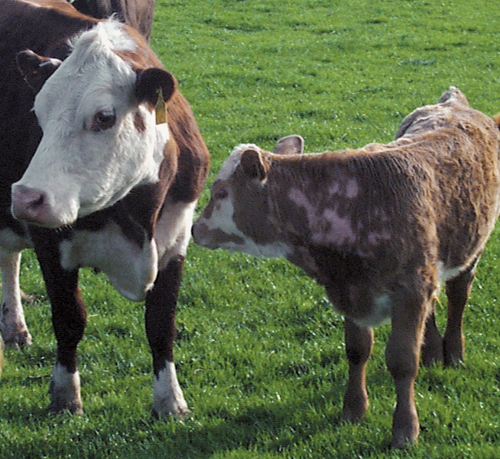Difference between revisions of "Cattle Medicine Q&A 09"
| Line 37: | Line 37: | ||
desc none}} | desc none}} | ||
[[Category:Cattle Medicine Q&A]] | [[Category:Cattle Medicine Q&A]] | ||
| + | [[Category:Nick L reviewed]] | ||
Revision as of 09:20, 31 August 2011
| This question was provided by Manson Publishing as part of the OVAL Project. See more Cattle questions |
A group of beef cattle presents with 4 weeks’ history of pruritus and extensive hair loss especially over the shoulder, neck, and ears. The cattle are frequently observed rubbing against walls and fence posts.
| Question | Answer | Article | |
| What conditions would you consider? | The most likely conditions to consider include: lice (pediculosis); forage mites; sarcoptic mange; chorioptic mange; ringworm (Trichophyton spp. infection). |
Link to Article | |
| Which further tests could be undertaken? | Inspection of the skin reveals extensive louse infestation. |
Link to Article | |
| What actions/treatments would you recommend? | Treatment options include pour-on organophosphorous or pyrethroid (e.g.cypermethrin) compounds that effect rapid improvement but may require retreatment in 2–4 weeks. All in-contact cattle must be treated. Injectable avermectin products are not always wholly effective against chewing lice. |
Link to Article | |
| Are there any consequences of this problem? | Disruption to grazing/feeding may cause reduced liveweight gain/loss of body condition in severe infestations, although very heavy burdens are more often a consequence rather than the cause of debility. Anaemia, as a consequence of severe infestations, is rare. |
Link to Article | |
